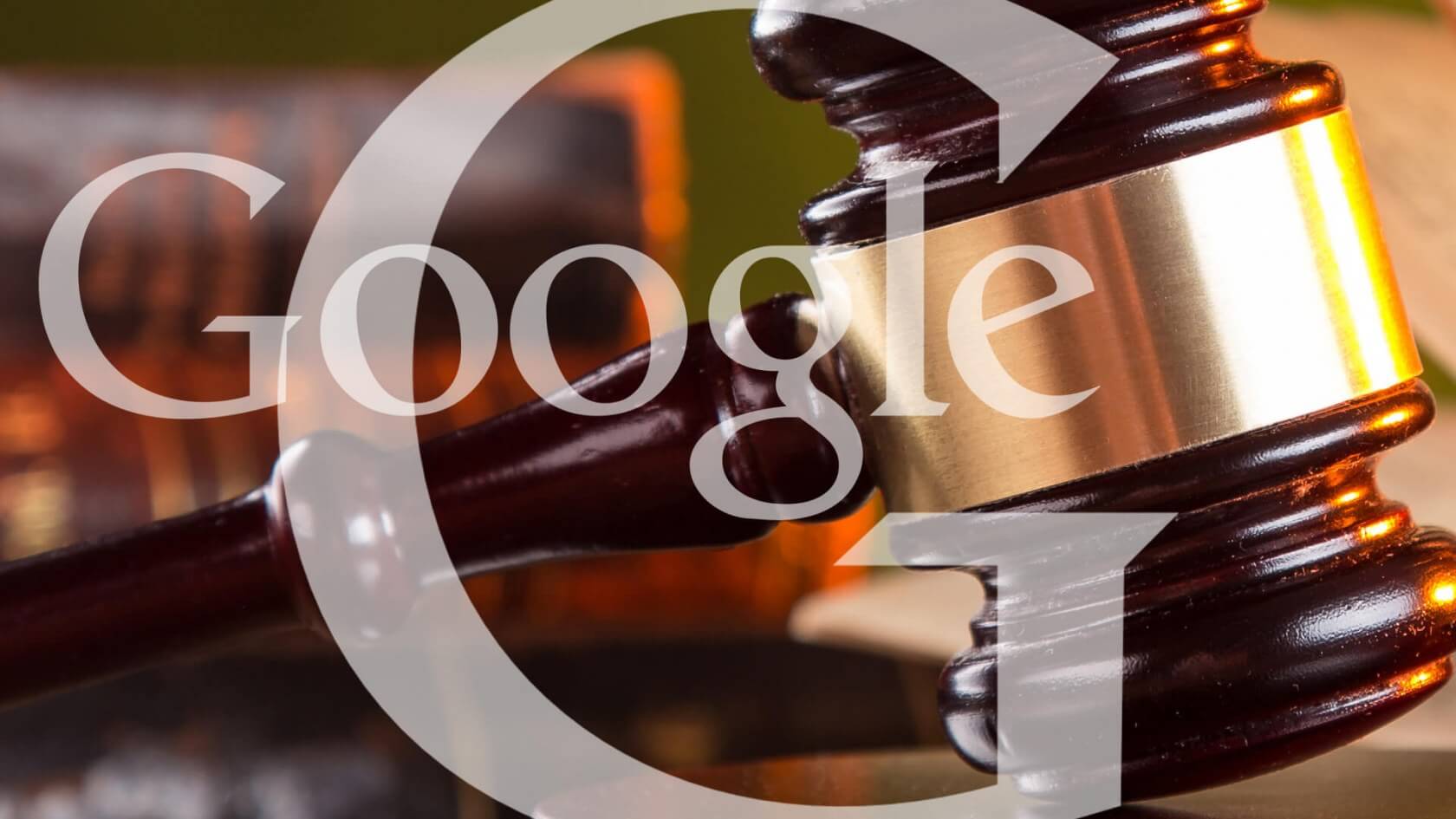A group called "Google You Owe Us" has filed a class action (also called a "representative action" in the UK) lawsuit against the search giant for 3.2 billion pounds ($4.29 billion US).
The organization is representing 4.4 million iPhone owners in the suit. The filing alleges that Google "unlawfully collected people's personal information by bypassing Apple's iPhone default privacy settings." Information collected includes racial or ethnic origins, physical and mental health issues, political affiliations, sexuality, and social class.
The plaintiffs claim that the Alphabet subsidiary gathered data through the Safari browser, using a method known as the "Safari Workaround." According to Fortune, the technique uses an algorithm that allows developers to bypass Safari's default security settings, which block third-party tracking cookies.
However, Google is asking the court to dismiss the case. It claims that there is no evidence that it obtained information through the Safari Workaround or that any information was disclosed to a third-party by such means. It also contends that a representative action is unsuitable for this claim since it is impossible to identify if claimants have been affected by the alleged actions.
"The group said that Google used an algorithm that allowed developers to track a user's browsing history and collect personal information."
Hugh Tomlinson, a lawyer for the group, argues that the unlawful activity was originally exposed in 2012 by a PhD researcher and that at that time Google settled claims in the US for $39.5 million. Tomlinson contends that for this reason, the lawsuit has merit.
According to the Independent, Anthony White, a lawyer representing the Mountain View, California company says the group's suit was brought only to "pursue a campaign for accountability and retribution" against Google. In other words, Google You Owe Us director Richard Lloyd has a personal vendetta against the company.
"The court should not permit a single person to co-opt the data protection rights of millions of individuals for the purpose of advancing a personal 'campaign' agenda and should not allow them to place the onus on individuals who do not wish to be associated with that campaign to take positive steps to actively disassociate themselves from it."
If the court sides with the plaintiffs and awards the full amount asked for, each litigant in the class action would receive around 750 pounds (about $1,000 US). The hearing is expected to last through tomorrow.
